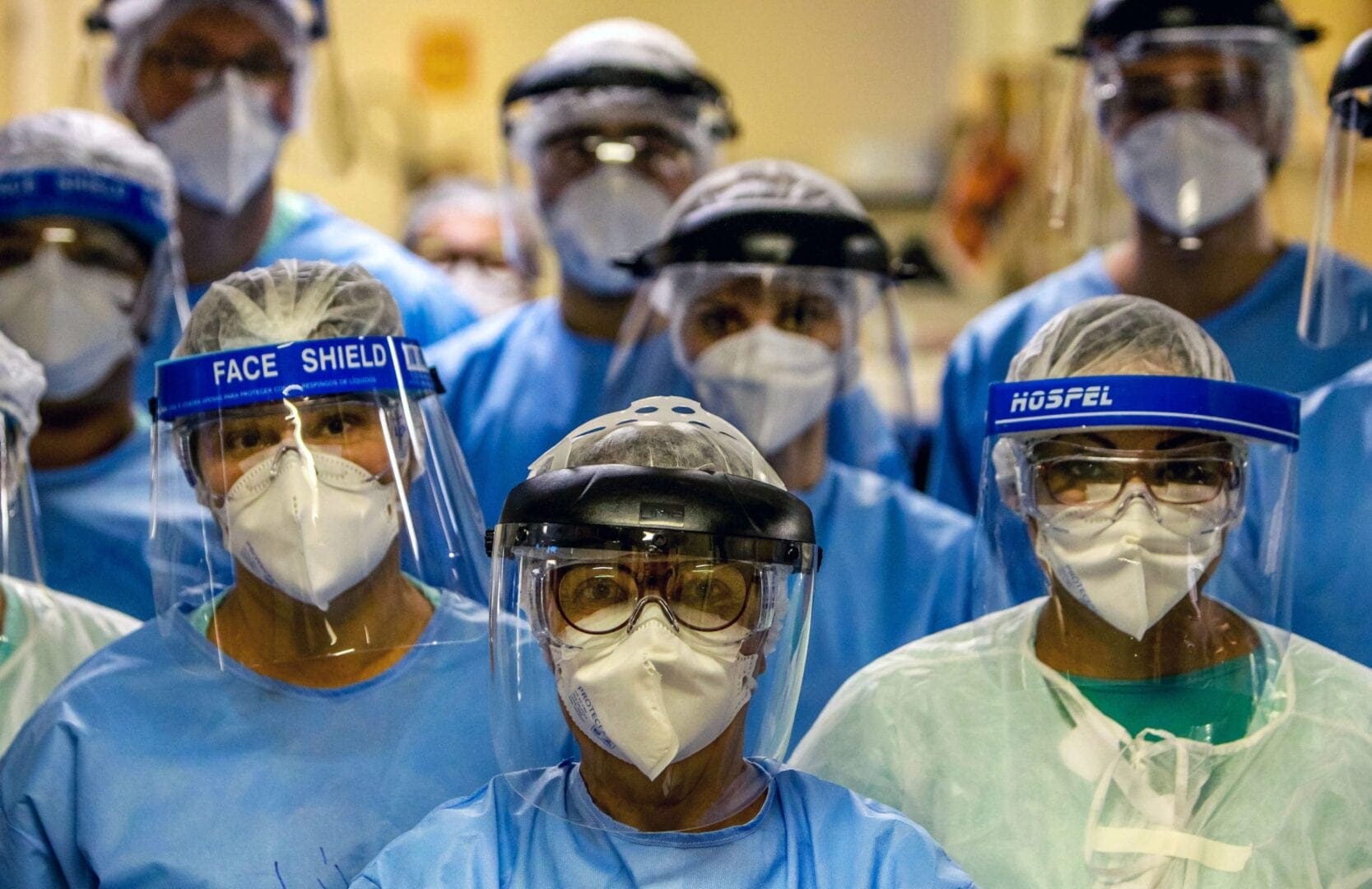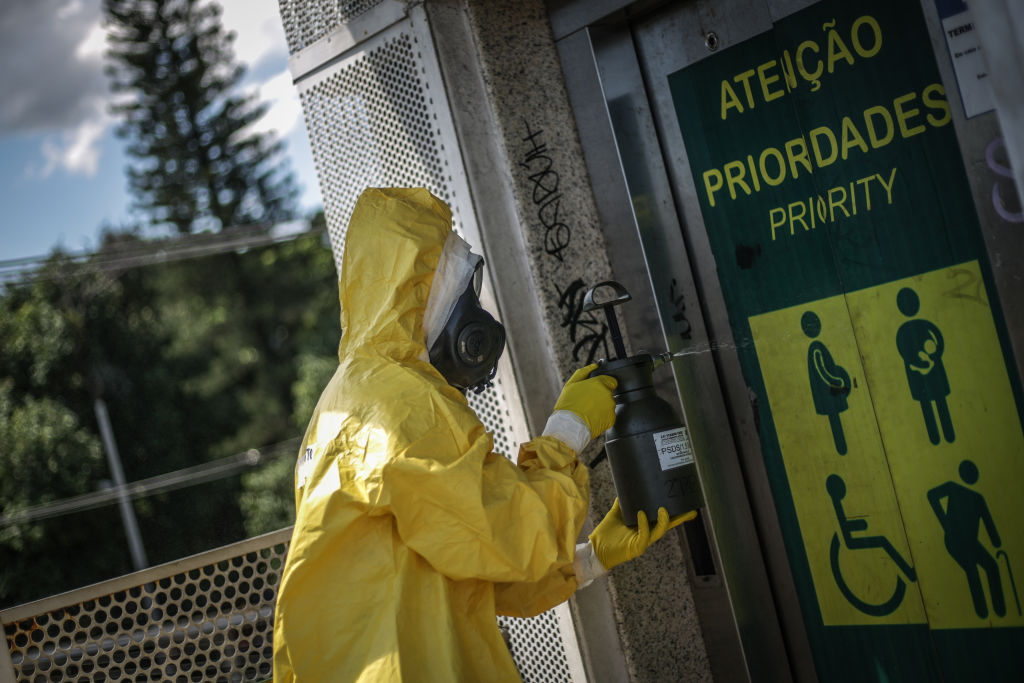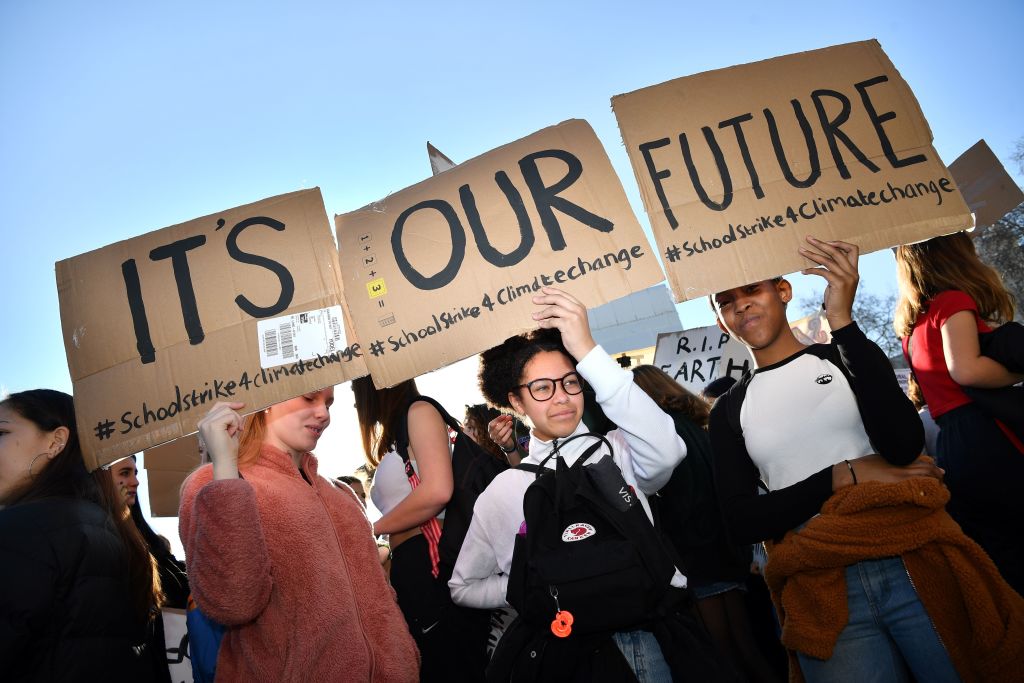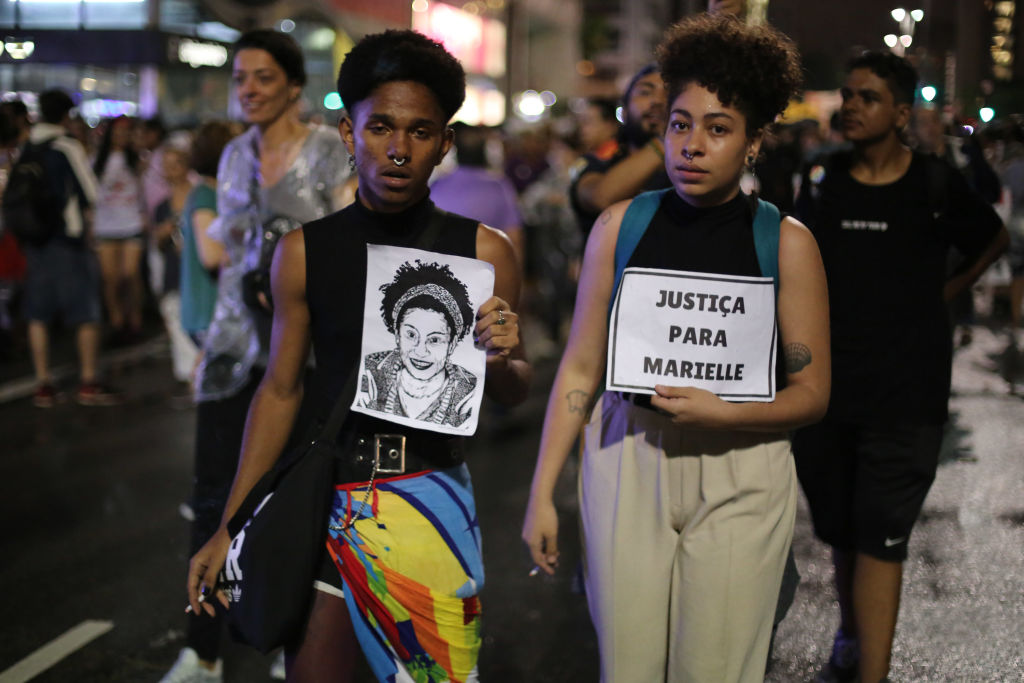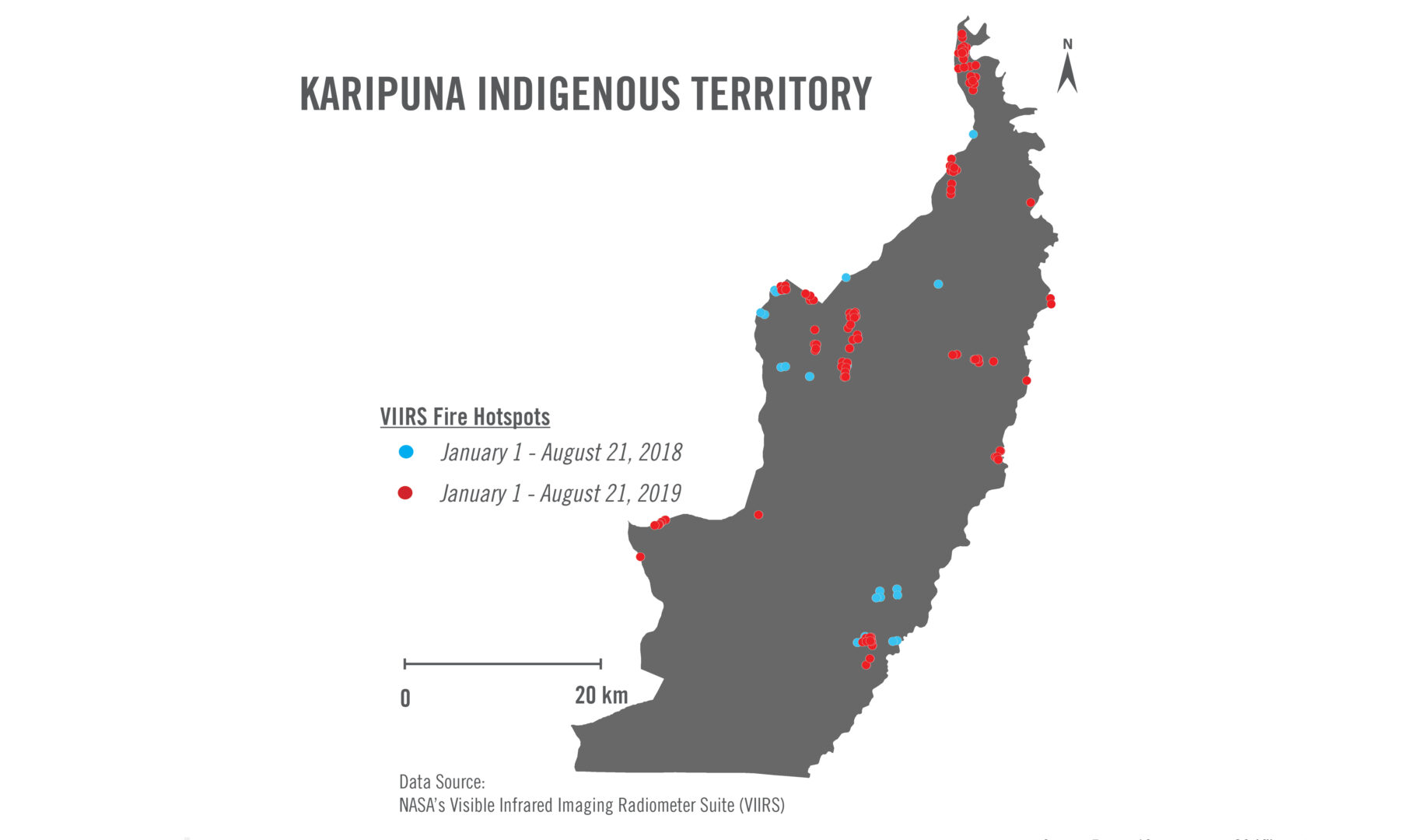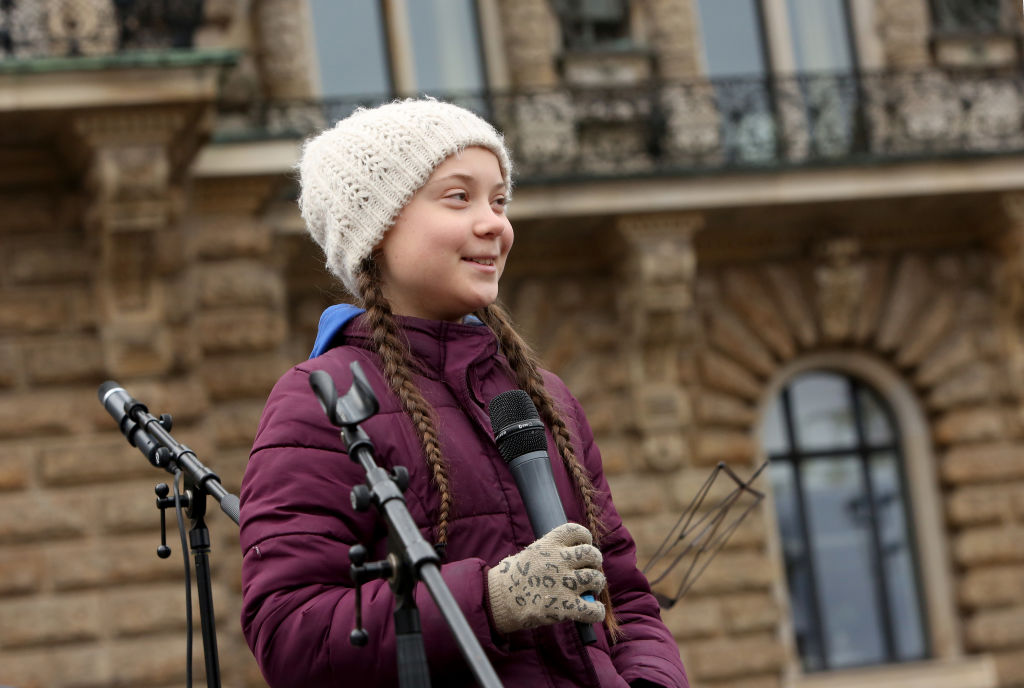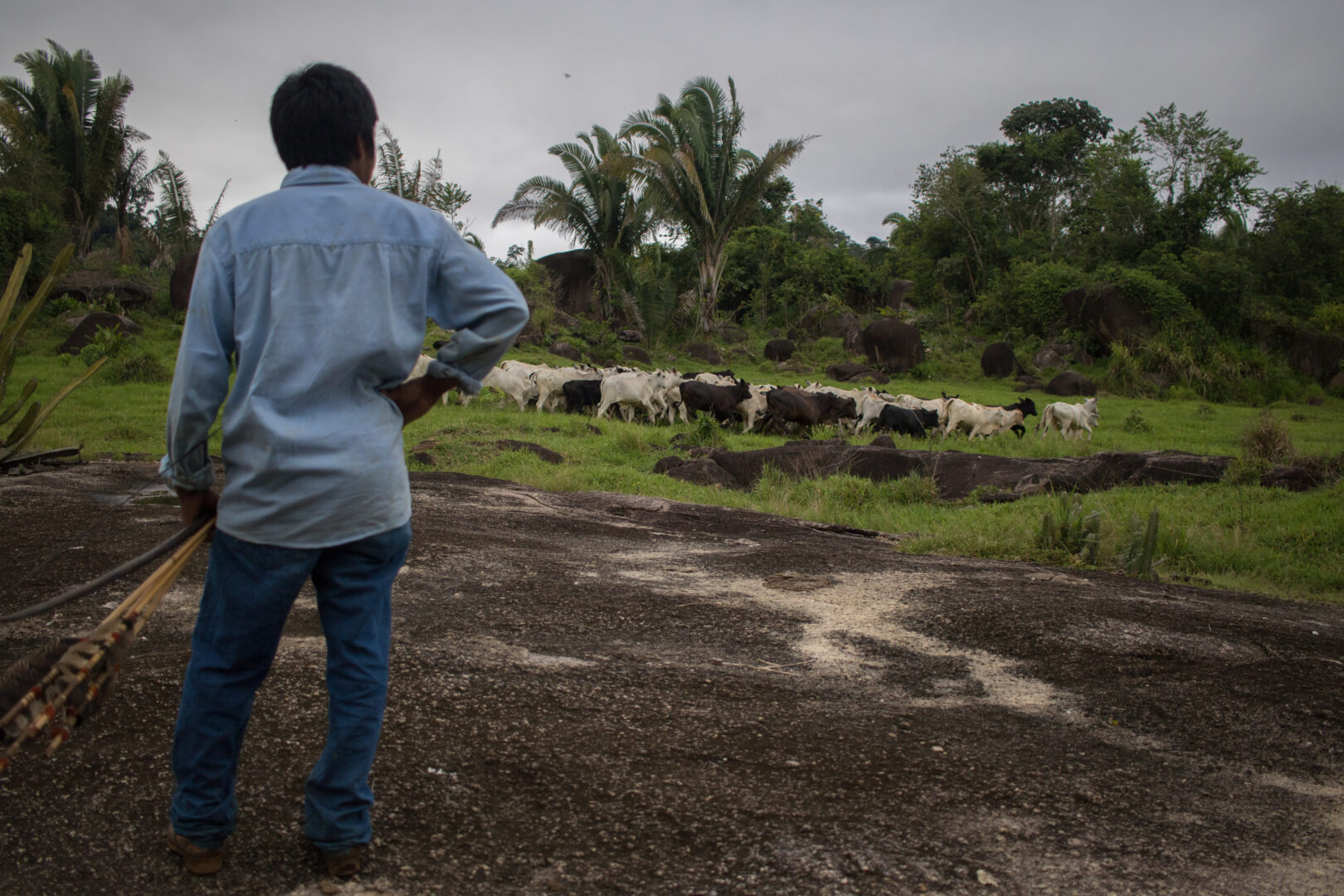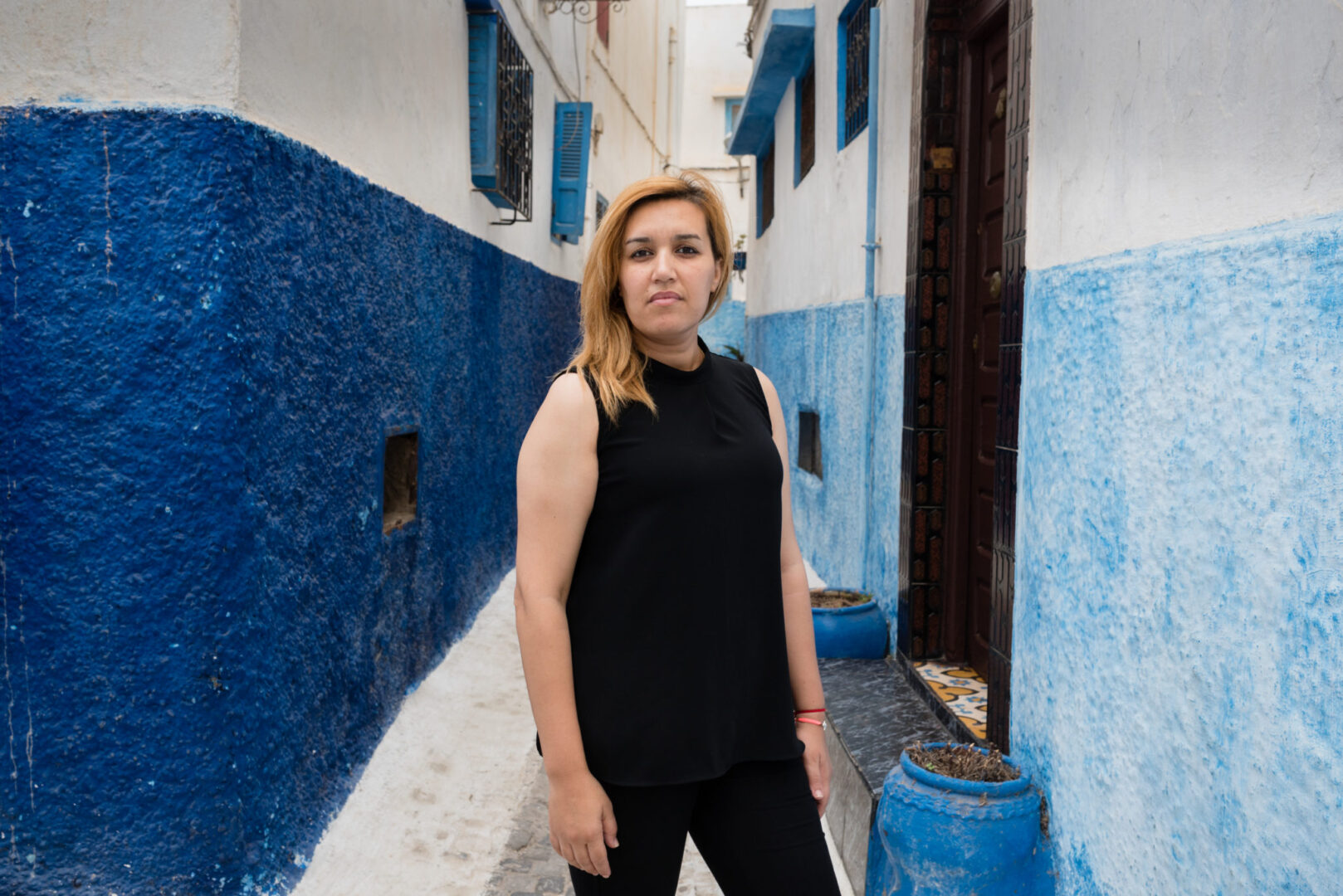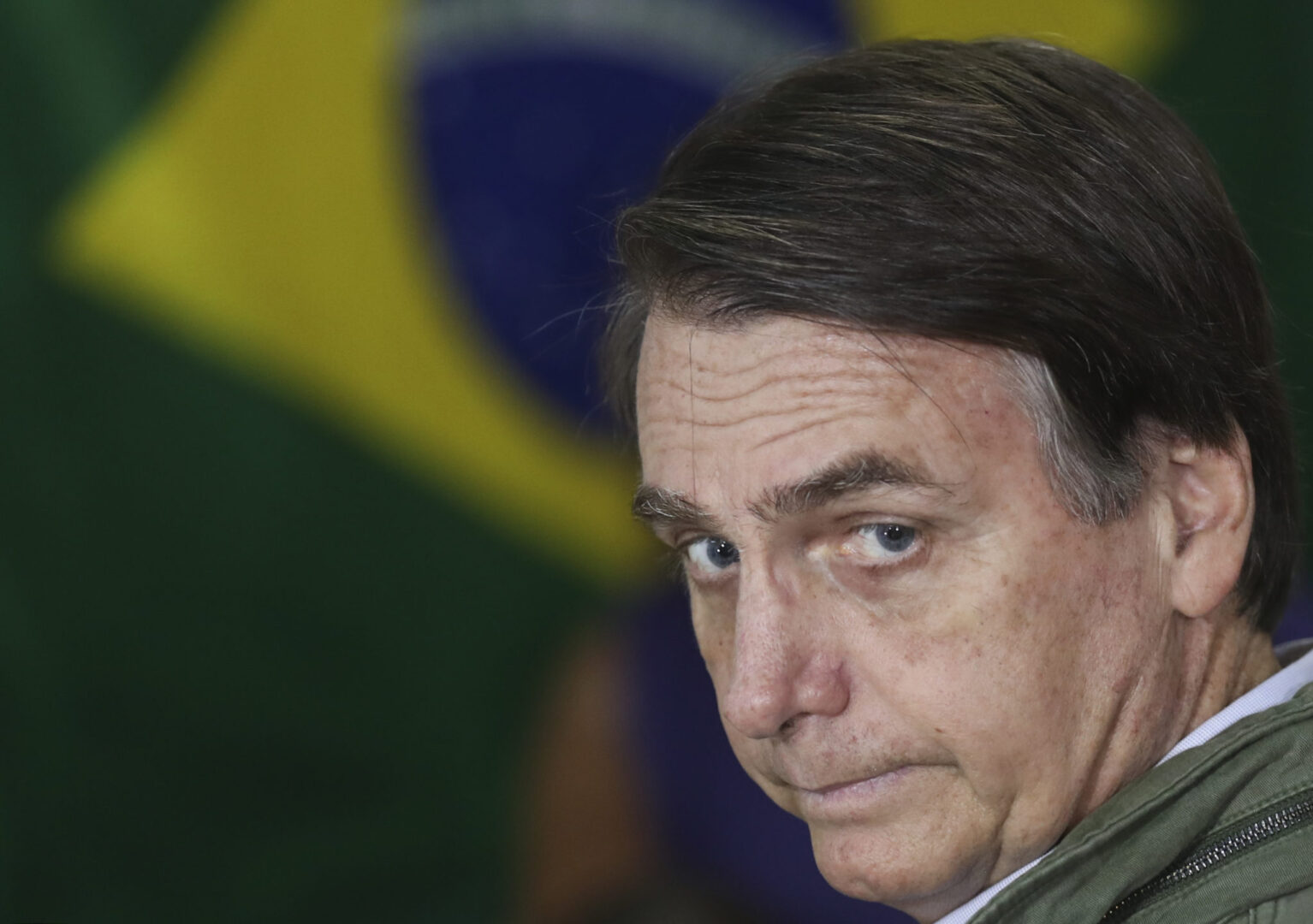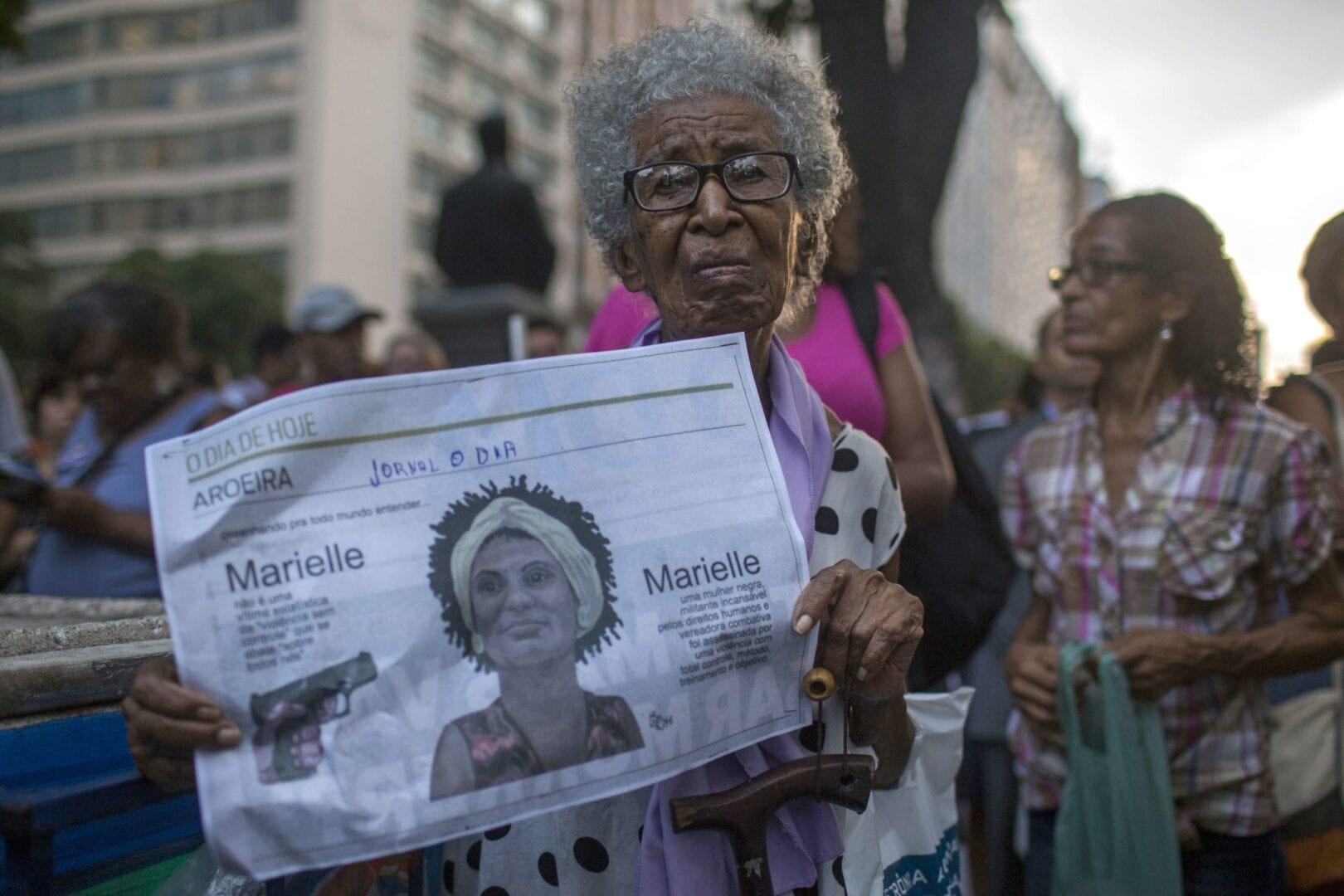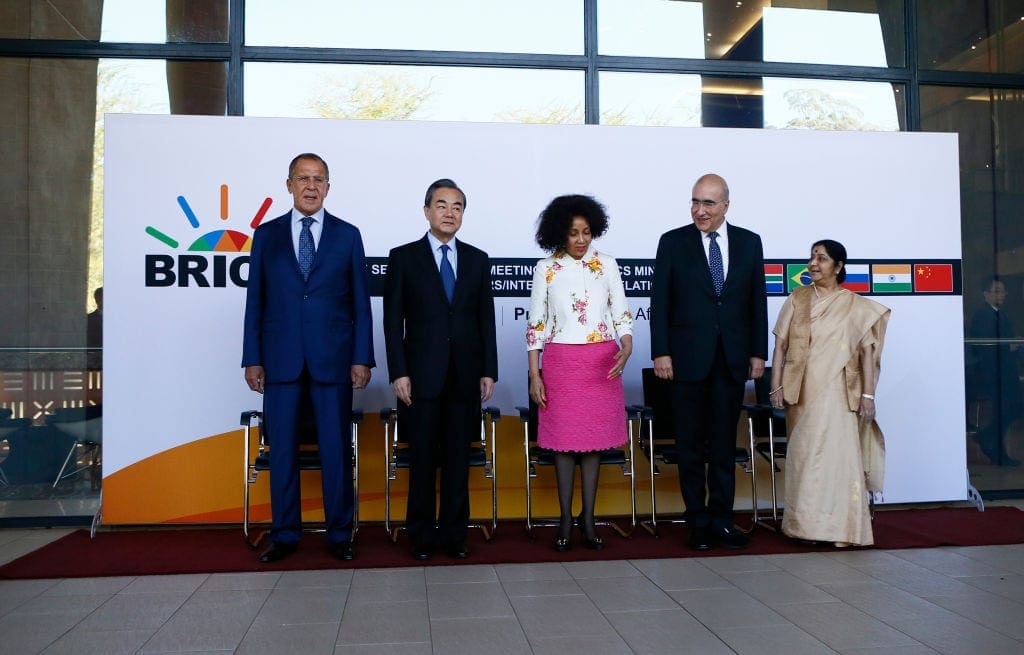The following information is based on the Amnesty International Report 2022/23. This report documented the human rights situation in 149 countries in 2022, as well as providing global and regional analysis. It presents Amnesty International’s concerns and calls for action to governments and others.
Overview
Racism continued to drive state violence. Mass killings by public security officials were frequent, disproportionately affecting Black people in marginalized neighbourhoods. Cis and transgender women, especially Black women, were targets of various forms of violence. In an election year, the dissemination of fake news and statements by President Bolsonaro incited politically motivated violence, threatened state institutions and undermined the functioning of judicial institutions. Many journalists and human rights defenders were threatened and killed. The social, political and economic situation continued to deteriorate, leading to violations of the rights to food, health, housing, work and social assistance, among others. Investigations into human rights violations documented by the Parliamentary Commission of Inquiry into the government’s handling of the Covid-19 pandemic were shelved. The historic failure of the state to confront structural racism continued to result in Indigenous peoples and Afro-descendants being disproportionately impacted by failings in institutional measures and actions.
Background
Throughout the year, President Bolsonaro consistently attacked the high courts and the rule of law. The election period was marked by polarization and political violence. The presidential elections were won by Luíz Inácio Lula da Silva, who was due to take office in January 2023. He announced the creation of a Ministry of Native Peoples and committed to zero deforestation. Supporters of outgoing President Bolsonaro organized protests and demanded military intervention, claiming unproven electoral fraud. In November, the Liberal Party, of which Jair Bolsonaro is a member, filed a claim requesting more than 250,000 voting machines be reviewed for fraud; the Superior Electoral Court dismissed the claim and ordered a penalty of BRL 22.9 million (approximately USD 4.3 million) for petitioners acting in bad faith. The number of people receiving Brazil Aid, a cash transfer programme introduced in 2021 to replace the Family Allowance social assistance programme, reached record levels during the election period, as did other benefits approved through an amendment to the Constitution based on the declaration of a state of emergency; there were concerns that this assistance may have been used for political ends. The number of firearms registered among the civilian population increased and was estimated to be greater than the number of weapons in the possession of the navy, army and air force combined.
Key issues
The economic crisis deepened structural and persistent social inequalities in the country. Rising inflation and the impoverishment of the population disproportionately impacted groups that have historically faced discrimination, such as Black people, Indigenous peoples and other traditional communities, women, LGBTI people and residents of favelas and marginalized neighbourhoods. According to UNICEF, 2 million people between the ages of 11 and 19 who had not finished basic education left school between January and August.
By the end of the year, more than 693,000 people had died from Covid-19 since the beginning of the pandemic. Despite the problems associated with implementation of the vaccination programme, 80% of Brazilians had been fully vaccinated by December.
In September, the Pan-American Health Organization reaffirmed that Brazil was at a high risk of the re-emergence of polio, which had been eradicated in Brazil in the 1990s. Congress approved the draft Budget Guidelines Law for 2023, which allocated the lowest level of funding in a decade to the Ministry of Health. Budget cuts impacted the public health system, known as the Unified Health System, and threatened to affect access to adequate care, including medicine supplies and sufficient health workers, as well as HIV/AIDS prevention and treatment and vaccination programmes.
During the year, the Attorney General requested that the Supreme Court dismiss seven of the 10 investigations opened against President Bolsonaro following the report of a Parliamentary Commission of Inquiry (CPI) into the government’s management of the Covid-19 pandemic. The CPI’s final report recommended that President Bolsonaro be indicted for nine crimes, including “charlatanism”, “malfeasance” and crimes against humanity. By the end of the year, the Supreme Federal Court had granted the closure of at least three of the investigations requested by the Attorney General.
According to the National Confederation of Municipalities (CNM), 5.8 million new homes were needed for families living in inadequate housing and some further 24.8 million housing units required improvements.
In March, the Federal Court of Justice (STF) extended Law No. 14.216/2021, which suspended urban evictions during the pandemic. Judge Luis Roberto Barroso justified the decision by stating that: “in the context of the Covid-19 pandemic, the right to housing is directly related to health protection and there is a need to avoid as much as possible an increase in the number of people living on the street”. In October, the STF approved a transitional programme for the reinstatement of evictions that had been suspended during the pandemic.
The number of people living on the streets increased in 2022. A survey published in June by the Federal University of Minas Gerais estimated that more than 180,000 people in the country had nowhere to live, 68% of whom were Black (approximately 119 million of the Brazilian population is black) and 84% of whom were receiving social assistance via Brazil Aid.
Although the level of unemployment was the lowest since 2015, poverty increased. In 2021, the latest year for which figures were available, 62.9 million people had a per capita household monthly income of BRL 497 (approximately USD 90, representing 41% of the minimum wage) or less, according to the Getúlio Vargas Social Foundation. This represented 29.6% of the country’s total population, according to the Brazilian Institute of Geography and Statistics.
More than half of the population did not have adequate and secure access to food. The number of people experiencing severe food insecurity (hunger) reached 33.1 million, 15% of the population. The situation was particularly acute among small-scale farmers; 21.8% of households in this sector experienced hunger.
Households headed by women and Black people were the most affected by food insecurity. 70% of the total population experiencing severe food insecurity were Black.
Incidents of politically motivated intimidation and violence targeting activists, human rights defenders, journalists and voters exercising their right to freedom of expression, thought and belief increased exponentially during the election period. According to a survey by the polling institute DataFolha, seven in 10 people reported feeling afraid to express themselves politically in the country. There were at least 59 instances of politically motivated violence in October between the first and second rounds of the presidential election. A number involved threats with firearms, including Congresswoman Carla Zambelli pointing a gun at a political opponent. There were physical attacks on journalists, such as an attack by a congressman on journalist Vera Magalhães after a political debate. Reporter Aline Porcina faced intimidation during Independence Day celebrations and cameraman Rogério de Paula was assaulted. Harassment of religious leaders not aligned with the president’s anti-human rights discourse and harassment of electoral workers also intensified, leading to at least six killings. Political violence also affected children; a 12-year-old girl was shot dead during a celebration of Luís Inácio Lula da Silva’s victory in the city of Belo Horizonte.
The logic and implementation of the “war on drugs”, which have governed public security policies in Brazil for decades, continued to feed the cycle of violence and killings by police in the country.
Heavily armed police operations resulted in hours of intense shootings in favelas and marginalized neighbourhoods. The state’s excessive use of force also manifested itself in raids on people’s homes, destruction of belongings, psychological torture, restrictions on people’s freedom of movement and the suspension of basic services such as schools and health centres.
Three police operations, in which the Federal Highway Police participated, resulted in the deaths of 37 people. In March, a police operation in the Complexo do Chapadão neighbourhood of the city of Rio de Janeiro left six people dead. In May, 23 people were killed as a result of another police operation in the city’s Vila Cruzeiro neighbourhood. Such police operations did not follow the guidelines established by the Supreme Court and were carried out despite a plan to reduce killings by police presented by the Governor of Rio de Janeiro in March.
In May, Genivaldo de Jesus dos Santos, a Black man with a mental disability, was extrajudicially executed in the custody of the Federal Highway Police after being restrained in a car using an unidentified gas in Umbaúba, Sergipe state. Three policemen involved in the incident were indicted for abuse of authority and first degree murder with aggravating factors.
The Federal Prosecutor’s Office requested the suspension of the 2021 Ministry of Justice and Public Safety Ordinance, which allows the Federal Highway Police to participate in operations in locations other than federal highways. In June, a Rio de Janeiro Federal Court partially suspended the ordinance, but a Federal Appeals Chamber overturned that decision two days later.
In 2022, the NGO Brazilian Forum on Public Safety reported that in 2021, 99% of victims of police killings were male, 84% were Black and 52% were aged under 25. The continuing high death toll during police operations was evidence of the state’s failure to effectively fulfil its obligations regarding external supervision of police conduct. The fact that Black people made up a disproportionate percentage of victims was further proof that systemic and institutional racism continued to drive the criminalization of and excessive use of force against Black people. The persistence and scale of killings by police also underscored the impunity enjoyed by those directly responsible and the lack of accountability of those in the chain of command who facilitated or tolerated excessive use of force.
The authorities did not adequately investigate cases of excessive use of force or ensure that those directly responsible or in the chain of command were brought to justice.
In June, the task force formed to investigate the circumstances that led to the May 2021 Jacarezinho massacre, in which 28 people died, completed its work. Four civilian police officers were accused of the murder of three people, and two suspected drug dealers were accused of involvement in the death of a civilian police officer. The cases of the other 24 killings were closed, reportedly due to lack of evidence, without determining responsibility.
Those suspected of criminal responsibility for the enforced disappearance of Davi Fiuza, then aged 16, in October 2014 had still not been brought to justice by the end of 2022. The teenager was last seen being put into an unmarked car during a police operation in the city of Salvador, Bahia state. Of the 17 police officers indicted, only seven faced charges, including kidnapping. A first hearing in the case took place in October under the inadequate military justice system. By the end of the year none of the officers charged had been convicted and all remained at liberty.
According to the Space Research Institute, between January and October the deforestation rate in the Brazilian Amazon reached its highest level since 2015, with 9,277 km² of forest destroyed in what is known as the “Legal Amazon” region, an area covering nine states in the Brazilian Amazon.
The disasters caused by the effects of climate change, and by the state’s failure to adopt adequate and sufficient measures to mitigate them, continued to have disproportionate impacts on marginalized communities, those most affected by the lack of public policies on housing, basic sanitation and infrastructure. According to a survey by the National Confederation of Municipalities, the first five months of the year alone saw the highest number of deaths for a decade as a result of extreme rainfall. In February and March, at least 238 people died in Petrópolis municipality, Rio de Janeiro state, following mudslides and flooding. In June, 128 people lost their lives in landslides and floods in Recife, the capital of Pernambuco state. In both cases, most of the people affected were Black women living in favelas and marginalized neighbourhoods who were at home when the landslides and flooding occurred.
In April, Brazil submitted its second update to its original NDC. According to the Climate Action Tracker, the latest update was weaker than Brazil’s original NDC in terms of absolute emissions reductions, falling short of the Paris Agreement’s goal of submitting increasingly ambitious NDCs with each update.
Human rights defenders March marked the fourth anniversary of the killings of Marielle Franco, a councilwoman and human rights defender, and her driver, Anderson Gomes. No one had been brought to justice for the killings, despite continuing efforts by the families to press for justice and effective participation in the investigations. The two men accused of the killings remained in prison, but no date had been set for their trial by the end of the year and those behind the killings had yet to be identified.
In January, three environmental activists belonging to the same family who protected turtles in the Amazon were killed in Pará state. By the end of the year, no one had been brought to justice for the killings.
In June, British journalist Dom Phillips and Brazilian Indigenous expert Bruno Pereira, defenders of the rights of Indigenous peoples, disappeared in a region near the Vale do Javari Indigenous lands in Amazonas state. Their bodies were found 11 days later. Three men were arrested and at the end of the year were awaiting trial on charges of murder and concealing the bodies. Investigations into the intellectual authors of the killings were ongoing.
In November, human rights defender Bishop Vicente de Paula Ferreira was threatened by a group of unidentified individuals, some reportedly armed. Bishop Vicente is known for his support of social causes and defence of democracy and the environment.
In December, Raimundo de Oliveira, an activist of land rights movement Movimento Sem Terra, was shot dead inside his house in the Bico de Papagaio region, Tocantins state.
Between January and July, the Pastoral Land Commission registered 759 violent incidents, involving a total of 113,654 families, and 33 killings in land-related conflicts in rural areas of the country. This represented a 150% increase compared to the first six months of 2021. More than half of the conflicts occurred in the “Legal Amazon” region and impacted mainly Indigenous peoples and Quilombolas.
In April, Quilombola leader Edvaldo Pereira Rocha was shot dead in Maranhão state. A suspect was arrested, and investigations into the reasons for and individuals behind the killing were continuing at the end of the year. In May and June, respectively, two Guarani Kaiowá men, 17-year-old Alex Lopes and Vítor Fernandes, were killed in Mato Grosso do Sul state. In September, 14-year-old Gustavo da Conceição, a member of the Pataxó people, was killed in Bahia state. No one had been brought to justice for these killings by the end of the year.
In addition to ongoing attacks on Indigenous land in Rondônia state, the Hutukara Yanomami Association reported that the presence of illegal mining in the region was affecting the health of Indigenous peoples.
The Association recorded the deaths of nine children from diseases that could have been treated with adequate access to healthcare.
The National Association of Transvestites and Transsexuals (ANTRA) published data in January 2022 showing that at least 140 transgender people were killed in 2021 and for the 13th consecutive year Brazil was the country with the highest number of killings of transgender people in the world. Transgender candidates were subjected to intimidation and threats during the electoral process. Nevertheless, for the first time in the country’s history, two transgender women were elected as federal deputies.
According to the Forum on Public Safety, 699 women were victims of feminicide in 2022, 62% of whom were Black. Sexual and reproductive rights Although abortion in cases of rape is provided for in Brazilian law, those seeking abortion services faced intimidation and stigma from authorities.

